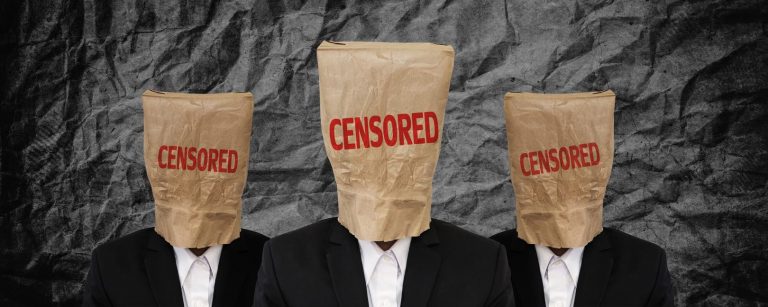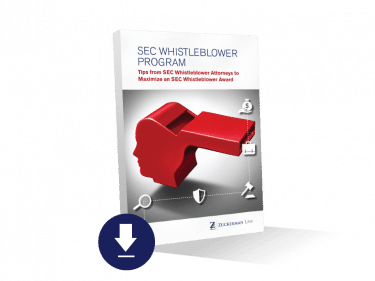Whistleblower lawyer Jason Zuckerman co-authored an article with Professor Richard Moberly and Jordan Thomas titled “De Facto Gag Clauses: The Legality of Employment Agreements That Undermine Dodd-Frank’s Whistleblower Provisions.” The article discusses efforts by companies to counteract Dodd-Frank by drafting and enforcing a variety of agreements with employees that significantly reduce or eliminate the congressional incentives promoting SEC whistleblowing. These agreements—which seek to alter the statutory risks and rewards of whistleblowing—may have profound consequences not only for current and prospective whistleblowers, but also for the success of the Dodd-Frank whistleblower program itself.
While no court has ruled on the legality of de facto gag clauses in the Dodd-Frank whistleblower context, the article argues that SEC rules and key principles of contract, qui tam, employment, and securities law strongly suggest that courts will, and should, refuse to enforce agreements that preclude voluntary cooperation with the SEC or materially diminish the whistleblower incentives created by Dodd-Frank.
The article recommends that the SEC amend Rule 21F-17 to provide additional guidance on the type of contractual provisions that impede an individual from communicating with the SEC. Such guidance should clarify that an attempt to condition payment of severance or any other benefit on any limitation to an employee participating in the SEC’s whistleblower reward program (such as losing the ability to make an anonymous report or receive an award) violates Rule 21F-17.166 In addition, an amended Rule 21F-17 could provide examples of prohibited provisions, while also clarifying that the examples are not exclusive. Likewise, OSHA, which already reviews certain settlement agreements in Sarbanes-Oxley cases to ensure that they do not contain explicit gag clauses, should also modify its existing settlement review policies to clarify that any provision that bars or impedes participation in the SEC Whistleblower Program is invalid.
The experienced whistleblower lawyers at Zuckerman Law represent whistleblowers worldwide before the SEC under the Dodd-Frank SEC Whistleblower Program. The firm has a licensed Certified Public Accountant and Certified Fraud Examiner on staff to enhance its ability to investigate and disclose complex financial fraud to the SEC, and two of the firm’s attorneys served in high-level position at a government agency that protects whistleblowers. Firm Principal Jason Zuckerman has been named by Washingtonian Magazine as a “Top Whistleblower Lawyer” and the firm has been ranked by U.S. News as a Tier 1 Firm in Labor & Employment Litigation.
Whistleblower law firm Zuckerman Law has substantial experience investigating securities fraud schemes and preparing effective submissions to the SEC concerning a wide range of federal securities violations, including:
- Accounting fraud;
- Investment and securities fraud;
- EB-5 investment fraud;
- Manipulation of a security’s price or volume;
- Fraudulent securities offerings and Ponzi schemes;
- Unregistered securities offerings;
- Investment adviser fraud;
- False or misleading statements about a company or investment;
- Inadequate internal controls; and
- Violations of auditor independence rules.
For more information about the SEC Whistleblower Program, download our free ebook SEC Whistleblower Program: Tips from SEC Whistleblower Attorneys to Maximize an SEC Whistleblower Award:
- See our column in Forbes: One Billion Reasons Why The SEC Whistleblower-Reward Program Is Effective.
- See our column in Going Concern: Sarbanes-Oxley 15 Years Later: Accountants Need to Speak Up Now More Than Ever.
- See our post in Accounting Today: Whistleblower Protections and Incentives for Auditors and Accountants.










